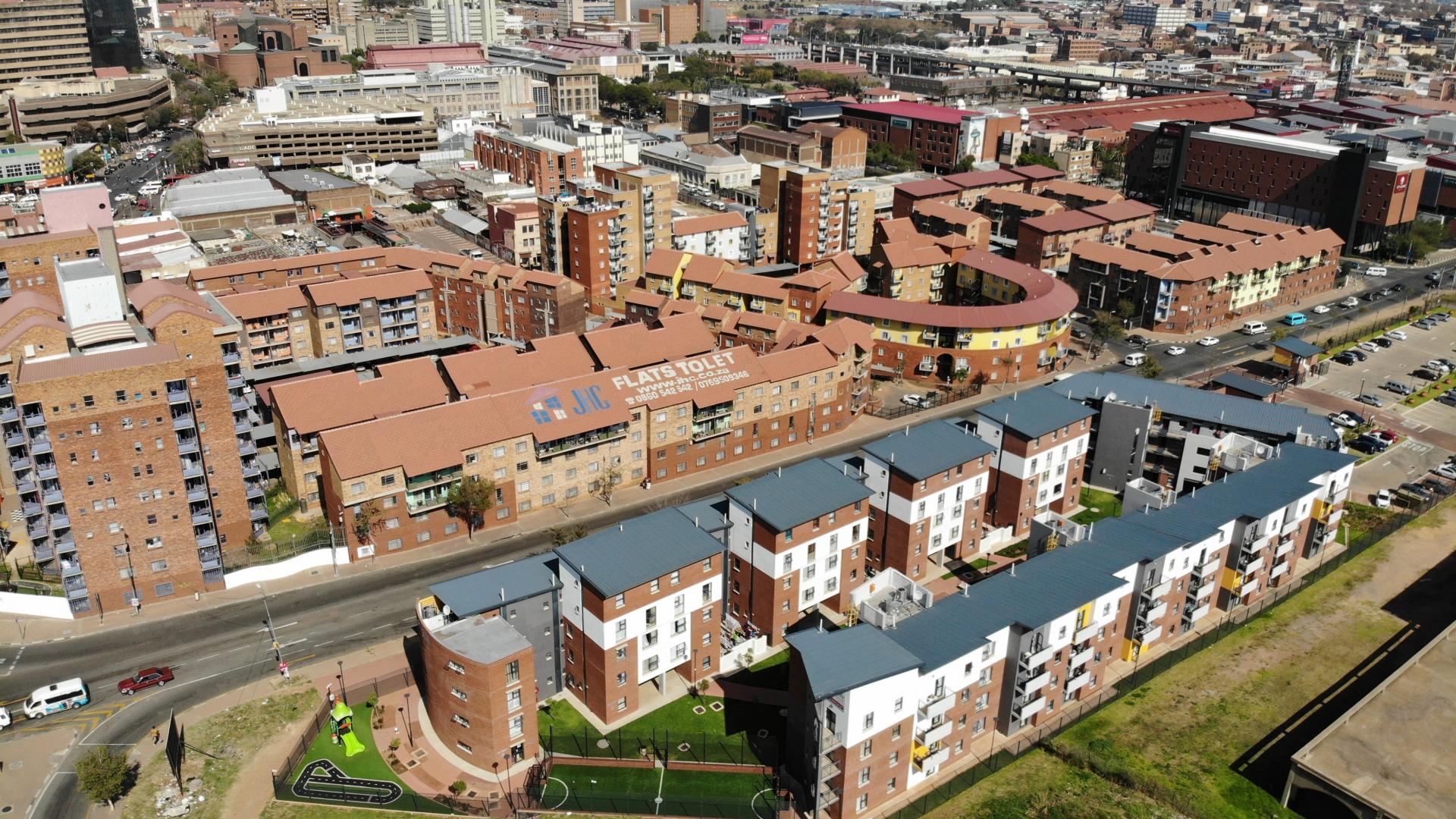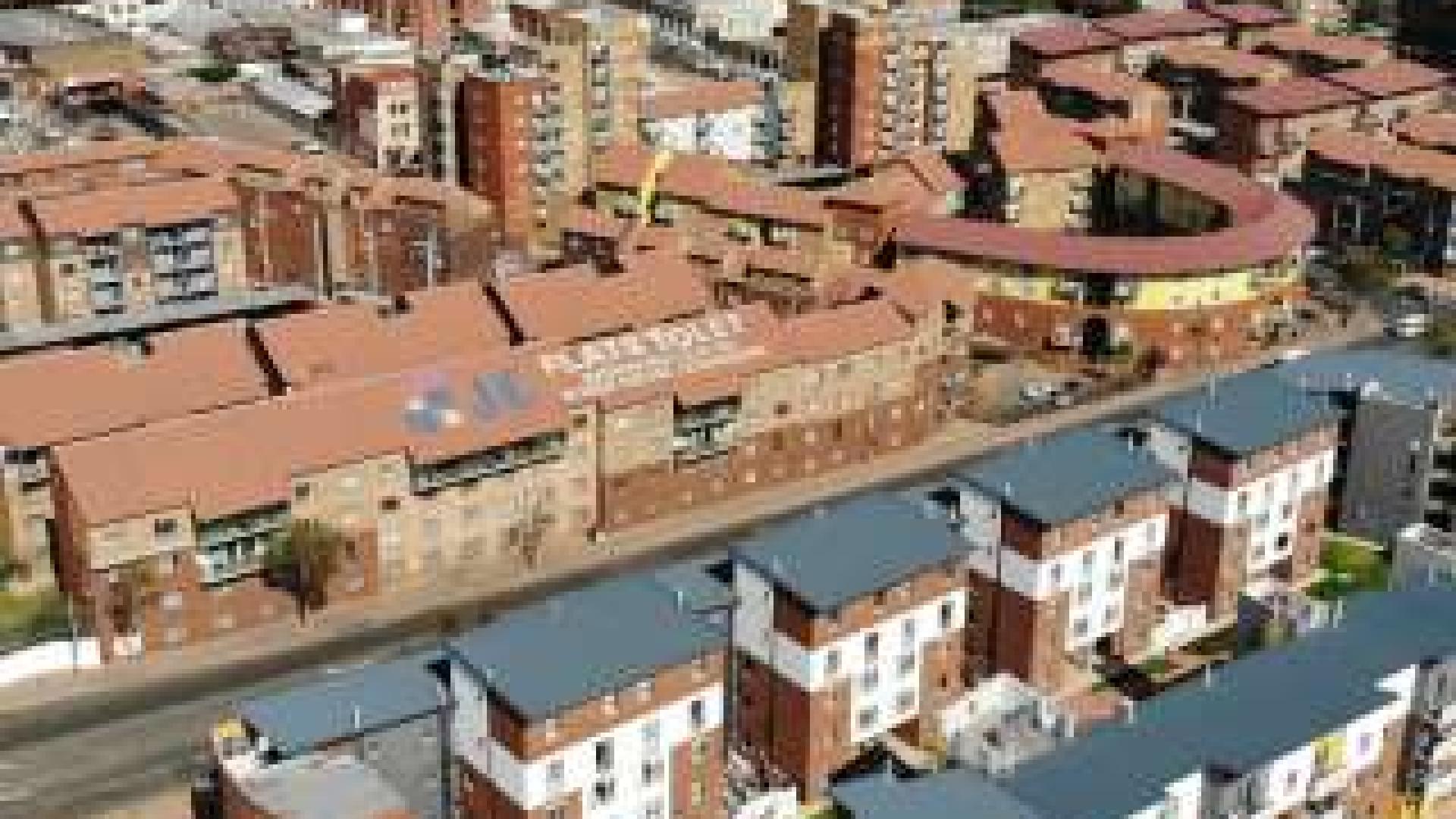How JHC plays a role in reviving cities through social housing
How JHC plays a role in reviving cities through social housing Housing challenges in South Africa continue to persist as much as the demand for housing increases each year. Meanwhile, the housing backlog is growing around 178 000 houses a year, according to numerous reports...

How JHC plays a role in reviving cities through social housing
Housing challenges in South Africa continue to persist as much as the demand for housing increases each year. Meanwhile, the housing backlog is growing around 178 000 houses a year, according to numerous reports.
This calls for more innovative solutions to help alleviate the house shortages and the pressure the housing industry is facing. While the gap is too big to fill, a social housing development in the rental market is on the rise.
What is social housing
Social housing refers to rental accommodation created for people who earn between R1 500 and R15 000 per month. People from this income segment do not qualify for breaking new ground (BNG) housing or a housing bond. Social housing is partly subsidised by the government, which means while it is high-quality accommodation, it is kept at affordable rental rates for middle-income and low-income earners.
What are the benefits of living in a social housing project?
Social housing provides affordable rental accommodation to middle-income and low-income earners. It provides them with accommodation which is secure and central enough to be close to places of work, transport, schools, shops, recreational facilities and other social amenities.
What is Johannesburg Housing Company’s role in social housing?
The Johannesburg Housing Company is a social housing agency which was launched in 1995 to help tackle the challenges of public housing in South Africa, specifically in the inner city of Johannesburg.
We have since pioneered a sustainable model of developing social housing in the inner city and surrounding areas. We achieved this by building neighbourhoods with qualified building management who put tenants first at all times. And, in the past three decades, we have developed more than 4,513 rental housing units and set up homes for more than 13,500 people in the middle to low earning segments. These units range from bachelor apartments to single room, double-room flats and communal facilities. They have become a home to many families, single parents, young working couples, professionals, blue-collar workers, students and the elderly.
What is the role of social housing institutions?
Social housing institutions develop and manage social housing stock. However, for any social housing institution to be recognised as such, according to the law, it has to be accredited by the social housing regulatory authority (SHRA) and comply with all applicable legislation.
How do you qualify for social housing?
To be a social housing beneficiary, there’s a criterion which you need to meet to qualify;
- You must have a household income between R1500 – R15000.
- You must be 21 years or older.
- Must have a clean credit record to ensure you’re able to afford it.
- You must be a South African citizen or permanent resident.
- Must be married or single, with or without dependents.
- Must be competent to contract.
- Must be able to pay the required monthly rental.
How do you apply for social housing?
If you meet the above criteria, you have to apply for social housing at your municipality or provincial Department of Human Settlements. Alternatively, you can contact a social housing institution or other delivery agents (ODA) operating in the area you would like to live in.
Final thoughts
Social housing is an innovative solution which helps reduce the housing pressure for middle-income and low-income earners. Through the Johannesburg Housing Company, people from these income segments can get access to homes in the inner city of Johannesburg and surrounding areas at affordable rates.
If you qualify for social housing rentals, you can apply to get a chance to stay in the new development flats in Gauteng. However, applying to rent a social housing unit doesn’t mean you own the unit because the law does not allow for ownership of social housing units. All tenants sign a lease, which is a rental agreement, and this is the only way to access social housing in South Africa.
